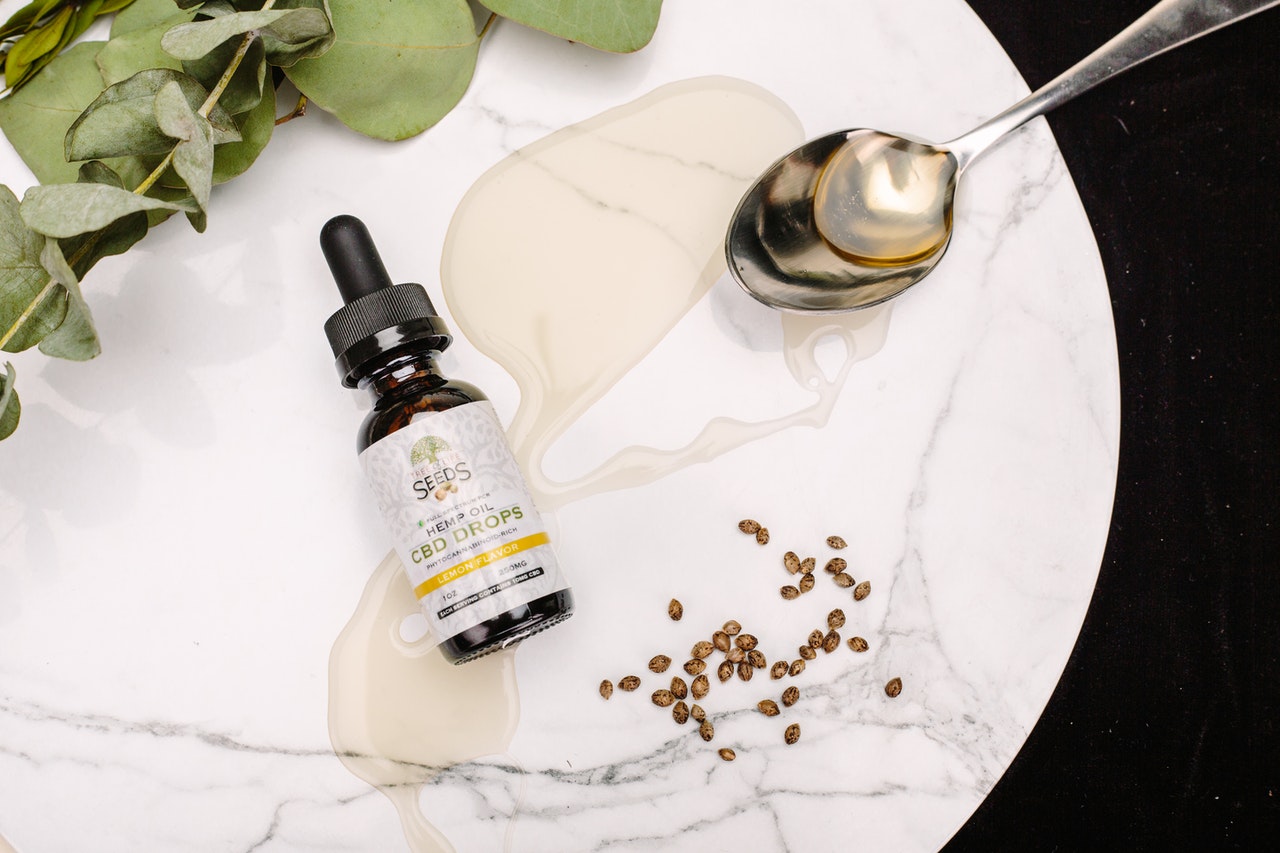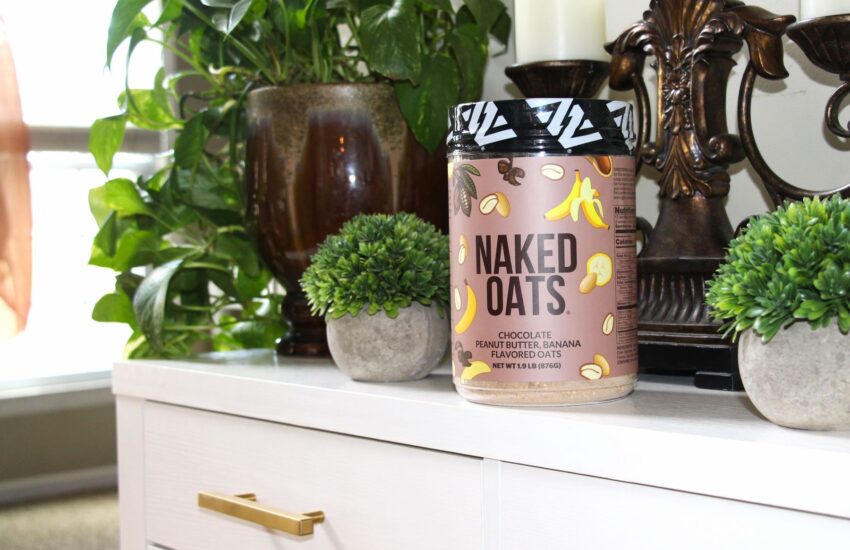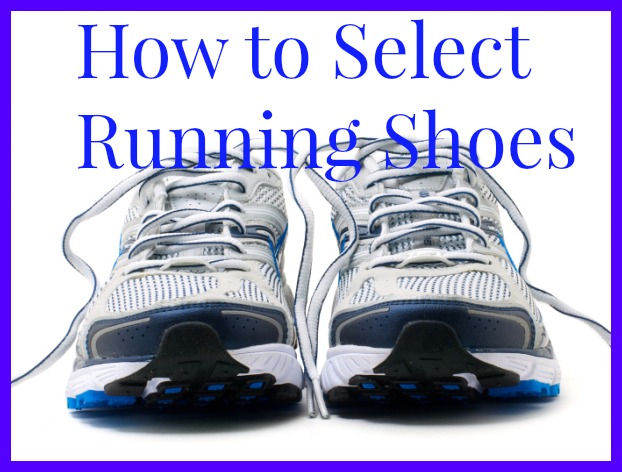4 of the Most Frequently asked CBD Questions
Over the past few years, the CBD boom has led many curious minds to ask important questions about the non-intoxicating marijuana compound. People rightfully want to know all of the properties about cannabidiol (CBD), as they seek alternatives to opioid-based prescription drugs and over-the-counter medications stuffed with side effects.
In this article, we will address the concerns of potential CBD honey sticks users by tackling nine of the most frequent questions about the compound. We’ll look at what CBD’s properties are, what the compound can help to treat, and why many cannabis users are switching to CBD from the more famous, psychoactive THC.
1. What is CBD?
There’s no better place to start than clarifying what CBD is. CBD, or cannabidiol, is a compound found in both cannabis and industrial hemp. Like THC, CBD is a cannabinoid, and scientists have identified more than 100 cannabinoids in total over the past 50 years.
CBD is an analgesic, a neuroprotectant, and has anti-inflammatory properties, just as THC does, but crucially, it is not psychoactive. Therefore, when taking CBD, you won’t get stoned, you won’t get the munchies, and you won’t feel awash with euphoria.
2. What are the most common uses for CBD?
Many ailments can be treated efficiently with CBD medication. These include chronic pain, inflammatory conditions such as arthritis, medication-resistant epilepsy, muscle soreness, and skin complaints.
The cellular regeneration properties of CBD are also encouraging and have opened up even more treatment possibilities for the compound. A natural combatant of depression and anxiety, CBD chocolate has been shown to reduce stress levels by inhibiting the stress hormone cortisol.
3. Could CBD show up on a drug test?
Products that contain no THC whatsoever (i.e., CBD-isolate products) can be consumed in any quantity, with no danger of a positive drug test, which looks for the presence of the psychoactive cannabinoid.
However, many products on sale – particularly full-spectrum CBD – may contain traces of other cannabinoids, including THC. Full-spectrum products are generally preferred from a medical angle, as the other cannabinoids are necessary for the synergistic entourage effect. And while the very low amounts of THC shouldn’t be a concern, a combination of large full-spectrum CBD doses and a strict drug test could theoretically lead to a positive result.
There’s no reason to be unduly concerned, but if you have doubts, just make the switch to a CBD-isolate product. CBD itself will never land you in trouble.
4. What types of CBD products are there?
CBD is sold in many forms, from wonder buds cannabis to gummies and lotions; but oils, whether tinctures or CBD vape oils, tend to be the best sellers. These often contain the highest potencies of CBD and are often infused with other vital compounds, herbs, and oils that enhance the therapeutic abilities. Oils can be taken sublingually (under the tongue), stirred into a hot beverage, or mixed into your favorite recipe – many users love this versatility.
CBD creams 1000mg, and CBD lip balms are also widely used, as they can treat both localized pain and inflammation, while the antifungal and antibacterial properties improve the health of the skin. Transdermal CBD patches have also risen in popularity.
In addition to oils and creams, you may also find CBD edibles, syrups, capsules, and concentrates.


